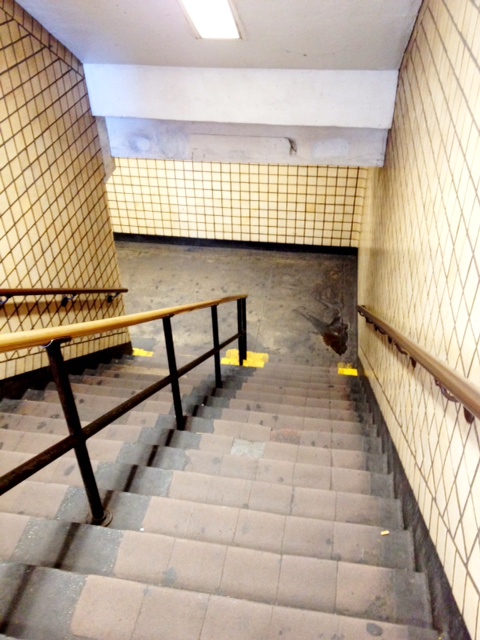
ACCESSIBILITY WILL TAKE 32 YEARS?
Back in 2019, disability-rights advocates filed a federal lawsuit against the Metropolitan Transit Authority alleging that the agency had, for decades, renovated subway stations without ensuring that they were accessible to those with physical challenges.
According to the originally filed complaint, of the system’s 472 NYC subway stations, under 25% are usable by those with disabilities; reportedly making it the “least accessible system of any major U.S. city, by far.” [Complaint, paragraphs 42-43.]
The complaint further alleged, that as “a result of this rampant inaccessibility, people with disabilities are often either excluded from the subway system entirely or forced to take long, time-consuming detours to reach a station they can use (for example, taking a bus to an accessible station in the wrong direction, and then doubling-back)—an arduous and costly daily process that no nondisabled riders need to endure.”
Asserting violations of the Americans with Disabilities Act, Section 504 of the Rehabilitation Act, and the New York City Human Rights Law, the activists sought declaratory and injunctive relief compelling changes in the transportation agency’s policies and practices.
Happily, in mid-December of last year, a settlement was announced, and within the context of a court order signed by United State District Judge Edgardo Ramos, the MTA has agreed to make at least 95% of its stations accessible by 2055; some 32 years from now.
Unfortunately, many of us won’t be around to see it come to pass ….
# # #
Forsee et al. v. Metropolitan Transportation Authority (Complaint)
La Rosa et al. v. Metropolitan Transportation Authority (Joint Order Granting Preliminary Approval)
# # #
NOTE: As per the court’s order, a “Fairness Hearing” will be held on “April 7, 2023, at 10:00 AM, in the United States District Courtfor the Southern District of New York, Thurgood Marshall United States Courthouse, 40 Foley Square, New York, NY 10007, Courtroom 619, to determine whether the proposed settlement is fair, reasonable, and adequate, and whether it should be finally approved by the Court. The hearing may be continued from time to time without further notice.”
# # #
